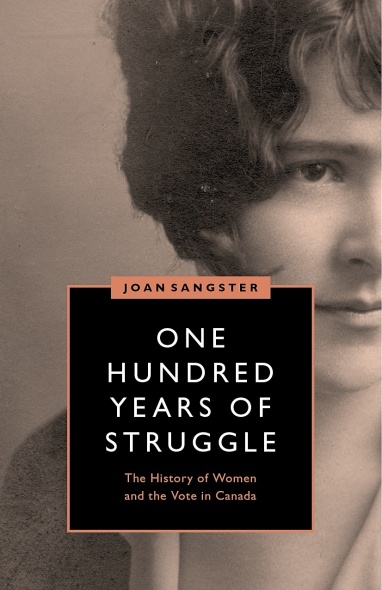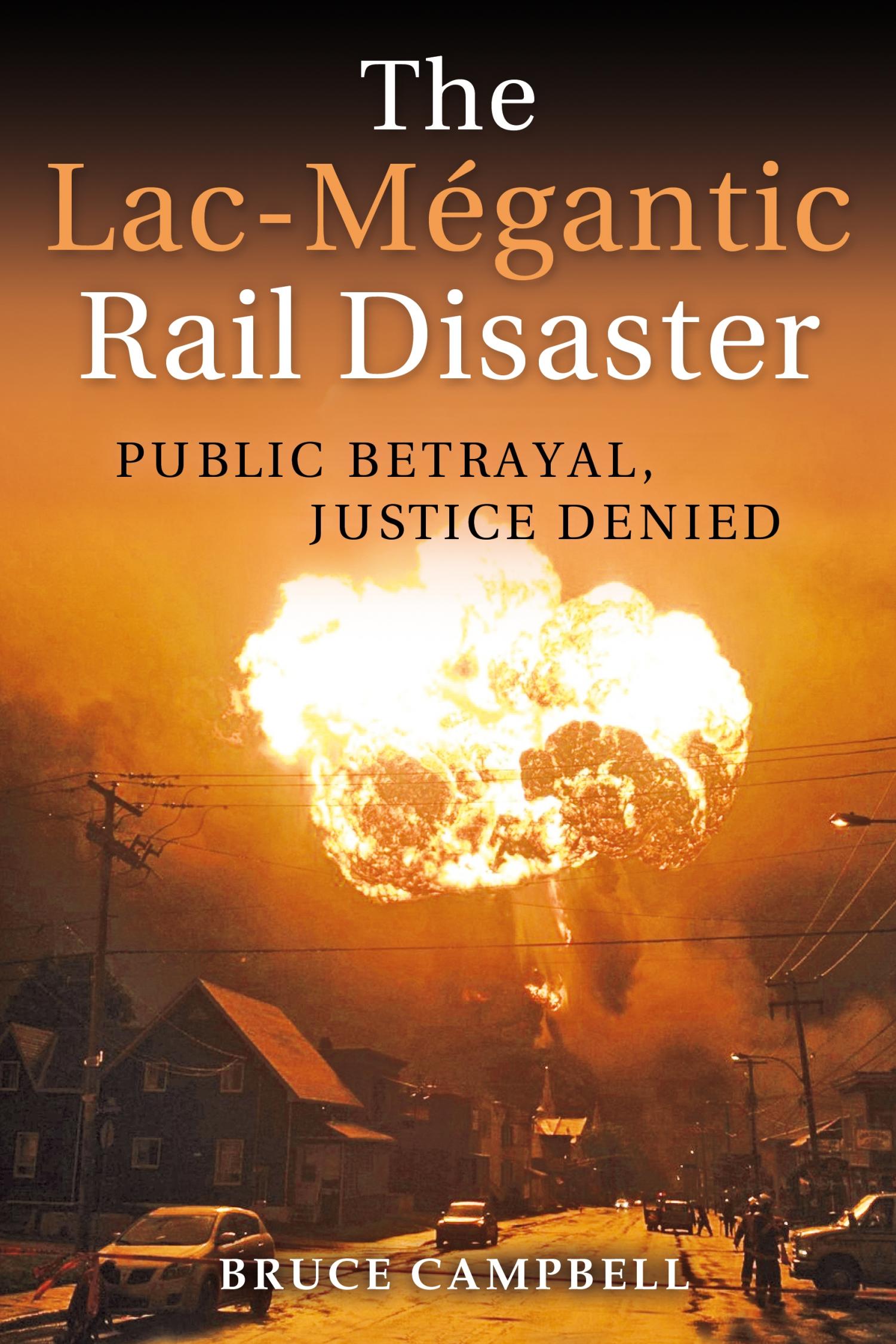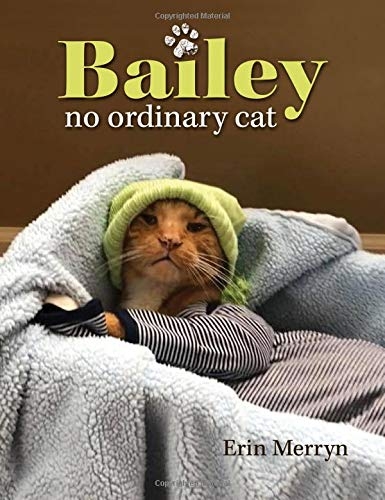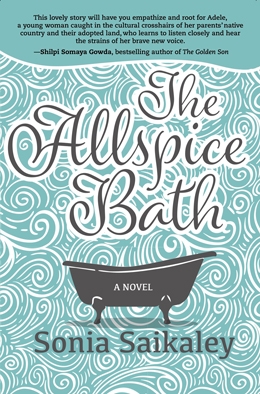
Book Review: One Hundred Years of Struggle
One Hundred Years of Struggle • The History of Women and the Vote in Canada
By Joan Sangster
312 pages • ISBN 978-1-7748-3533-6
One the eve of celebrating the 100th anniversary of women’s right to vote in Canada comes a book, the first in a series on women’s suffrage and the struggle for democracy, by acclaimed historian Joan Sangster.
The achievement of the vote in 1918 is often presented as a triumphant moment in the onward, upward advancement of Canadian women. In this beautifully illustrated book, acclaimed historian Joan Sangster looks beyond the shiny rhetoric of anniversary celebrations and Heritage Minutes to show that the struggle for equality included gains and losses, inclusions and exclusions, depending on a woman’s race, class, and location in the nation.
Beginning with Mary Shadd Cary’s demands for equal rights for women and blacks in the 1850s and ending with Indigenous women’s achievement of the vote in the 1960s, Sangster travels back in time to tell a more inclusive story for a new generation.
The history of the vote, as Joan Sangster tells it, offers vital insights into our political life, exposing not only the fissures of inequality that cut deep into our country’s past but also their weaknesses in the face of resistance, optimism, and protest.
To commemorate the 100th anniversary of most Canadian women obtaining the right to vote in federal elections, UBC Press is proud to announce Women’s Suffrage and the Struggle for Democracy. Well-written, accessible, and beautifully illustrated, the seven volumes in this series present the nearly forgotten story of women’s long, hard fight for political equality in our country. These feisty books serve as a well-timed reminder never to take political rights for granted.
About the author:
Joan Sangster is the author of numerous books and articles on the history of women in Canada, including Earning Respect: The Lives of Working Women in Small-Town Ontario, 1920-60, which won the Canadian Confederacy for the Humanities and Social Sciences’ Harold Adams Innis Prizes. She is Vanier Professor in the Department of Gender and Women’s Studies and director of the Frost Centre for Canadian Studies and Indigenous Studies at Trent University. She is also a Fellow of the Royal Society of Canada.











